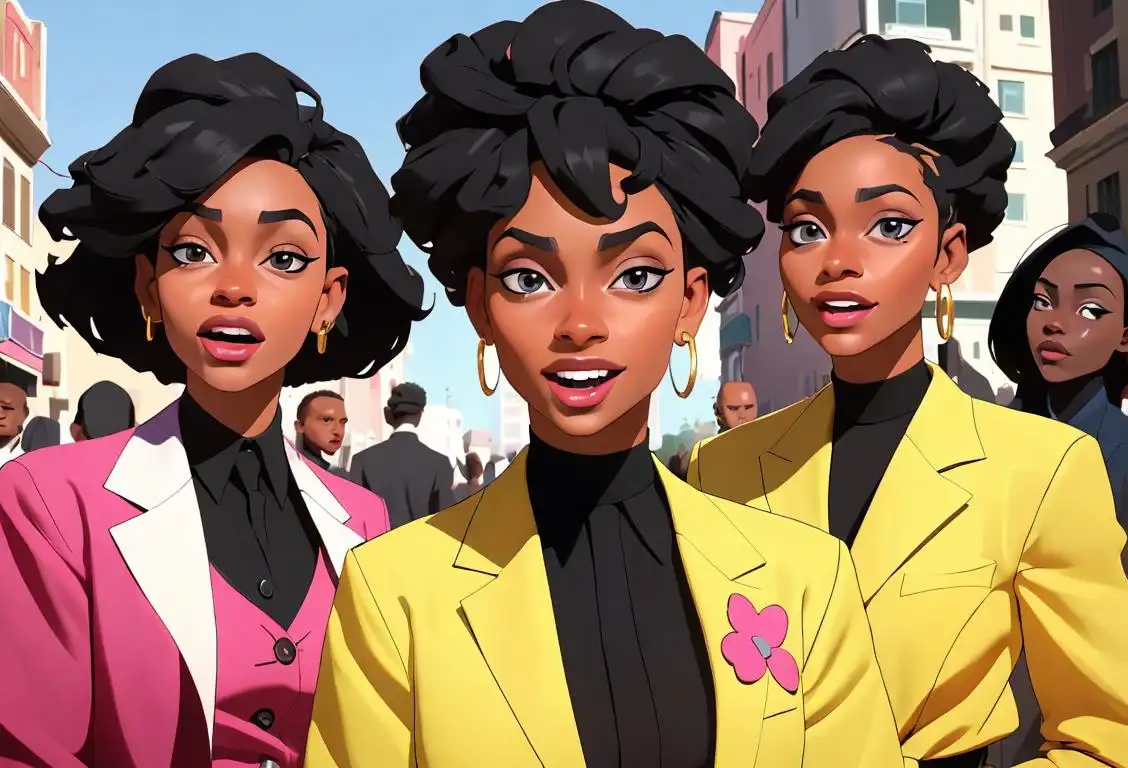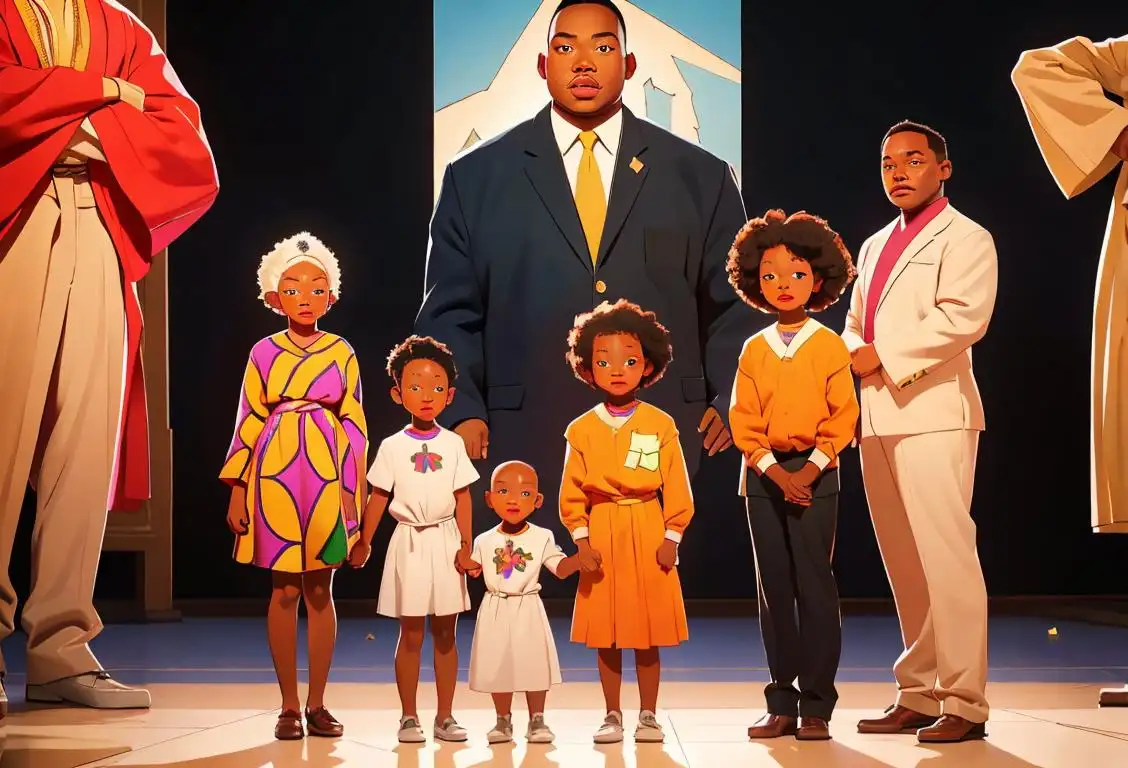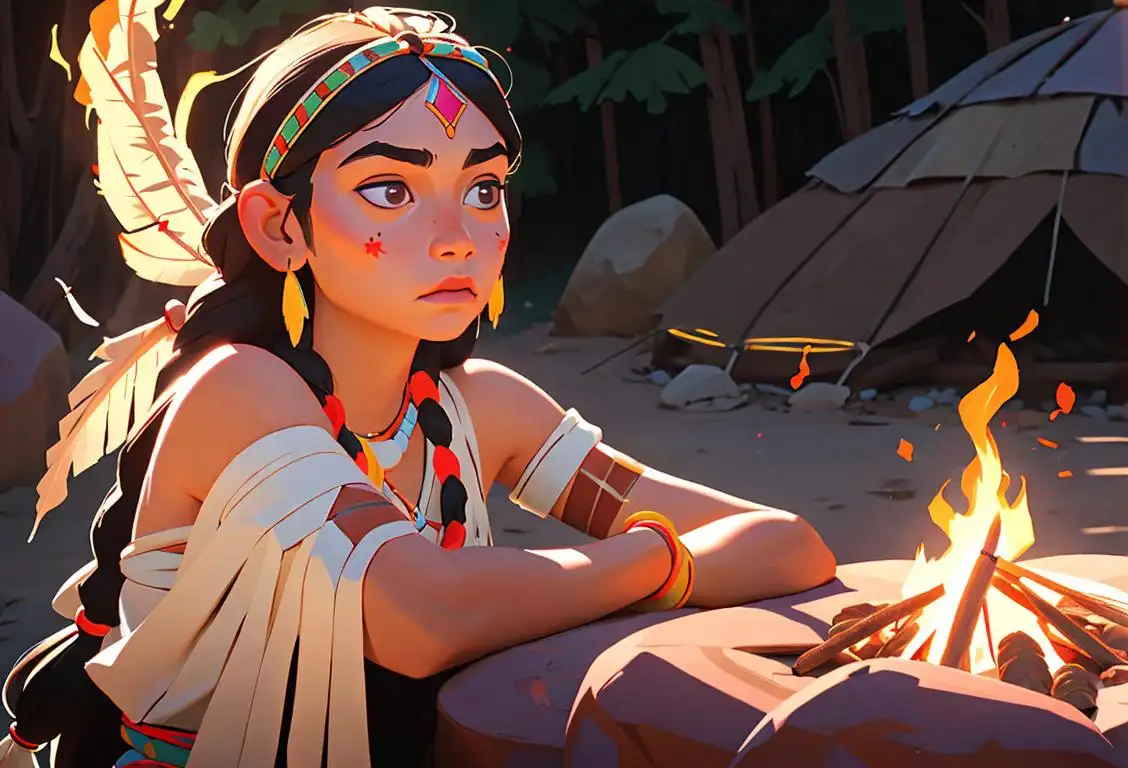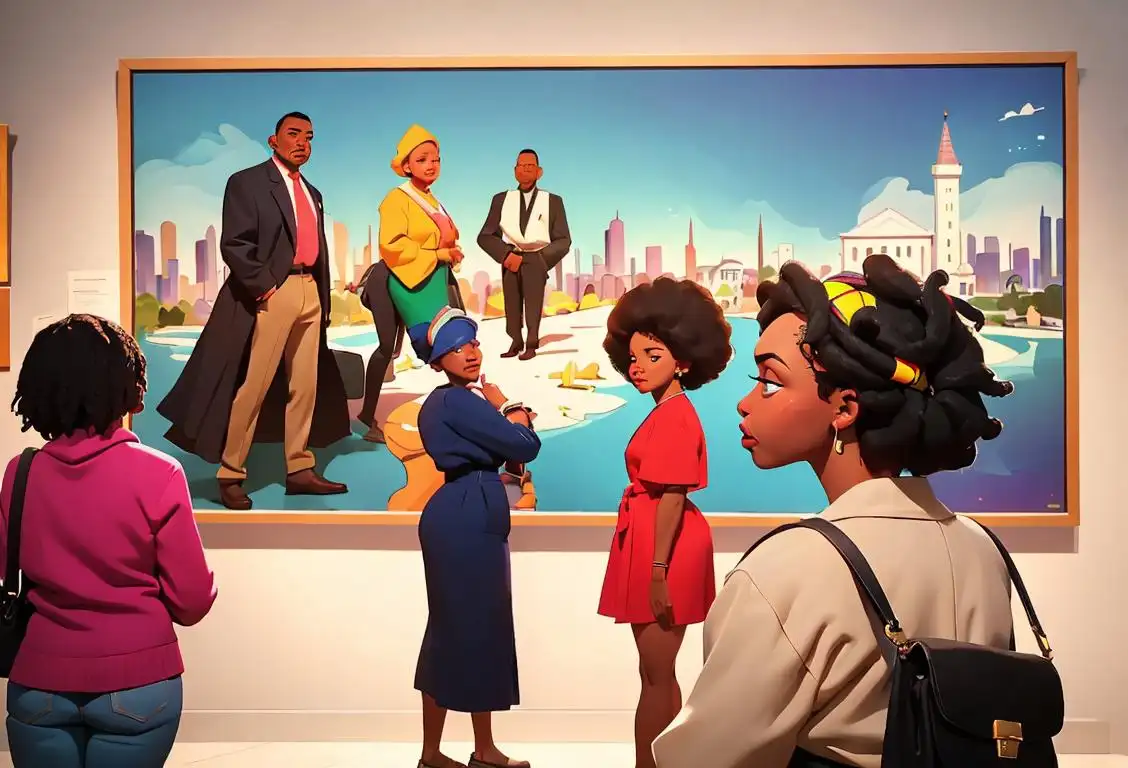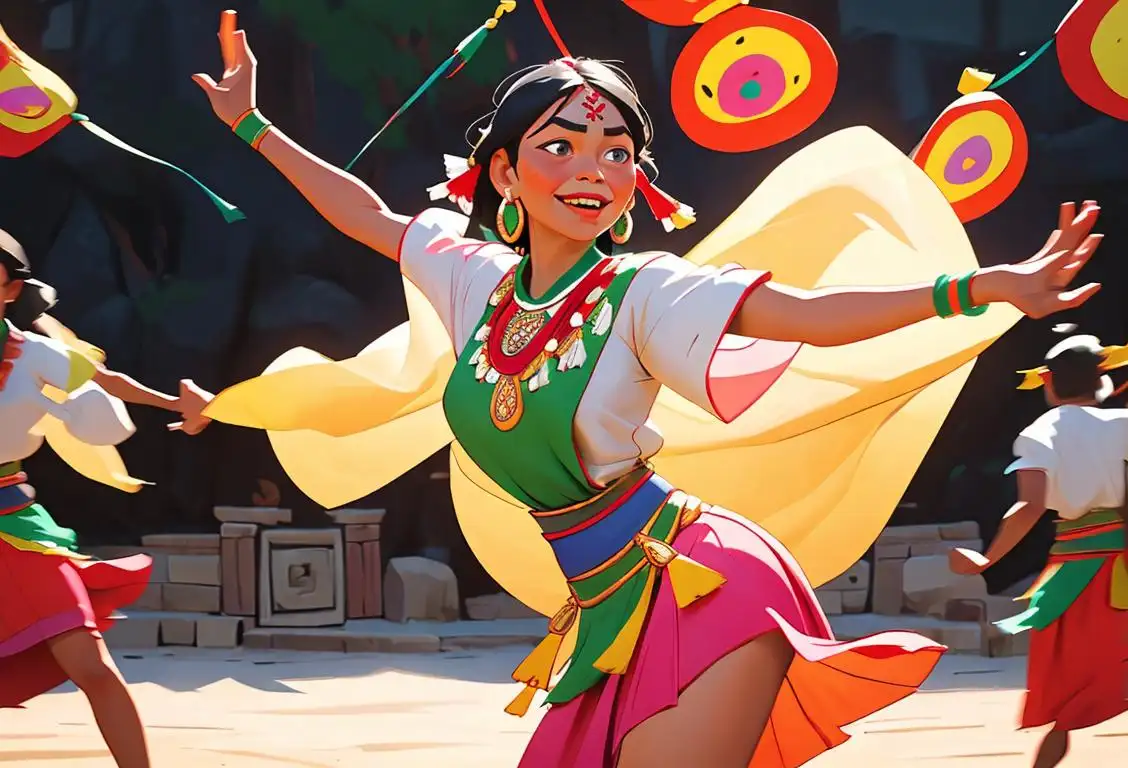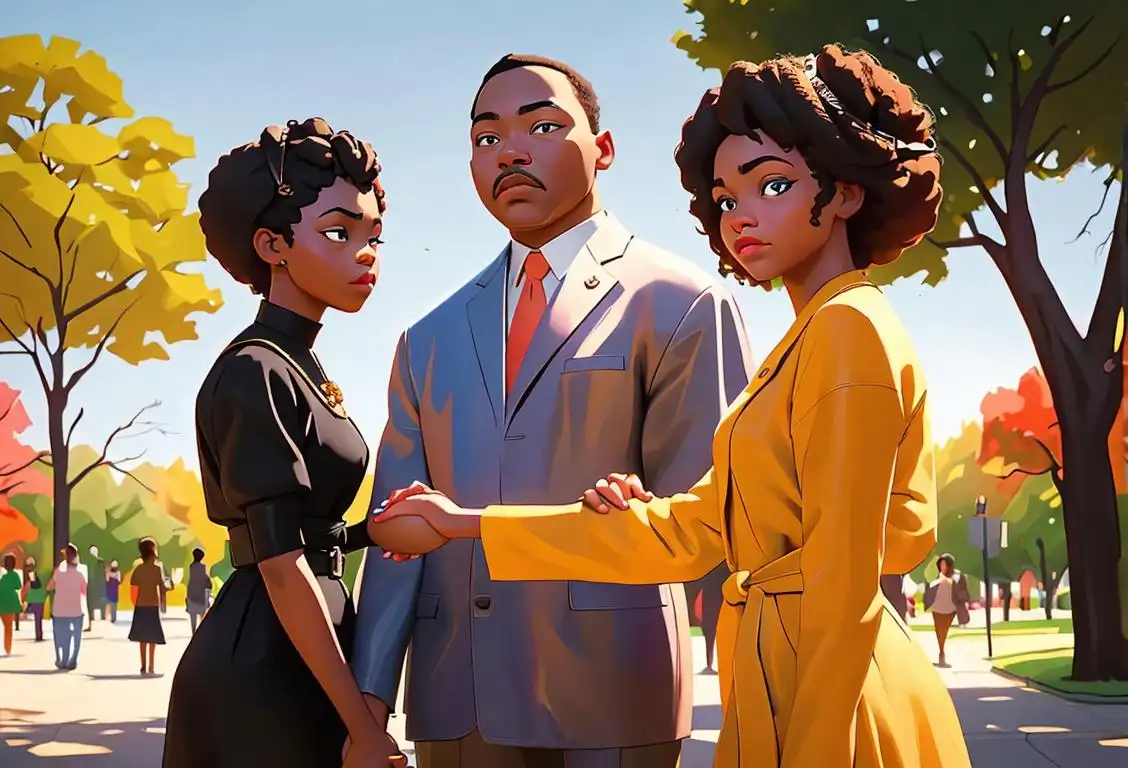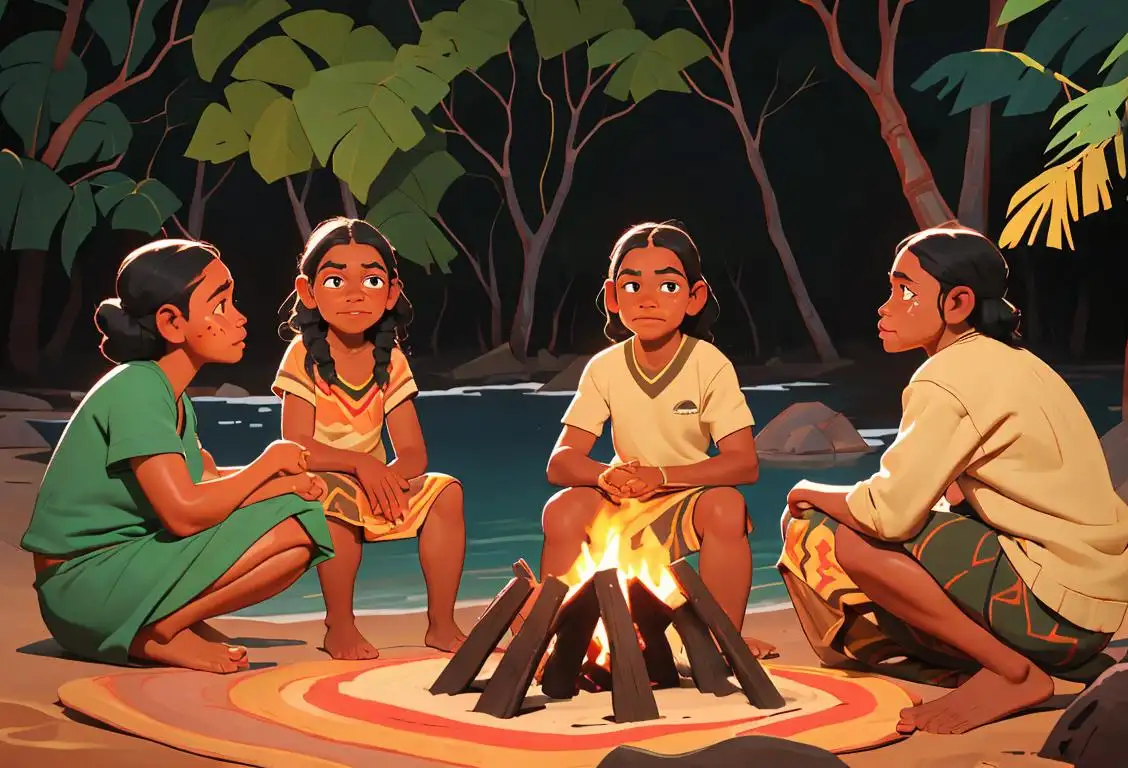National Waitangi Day
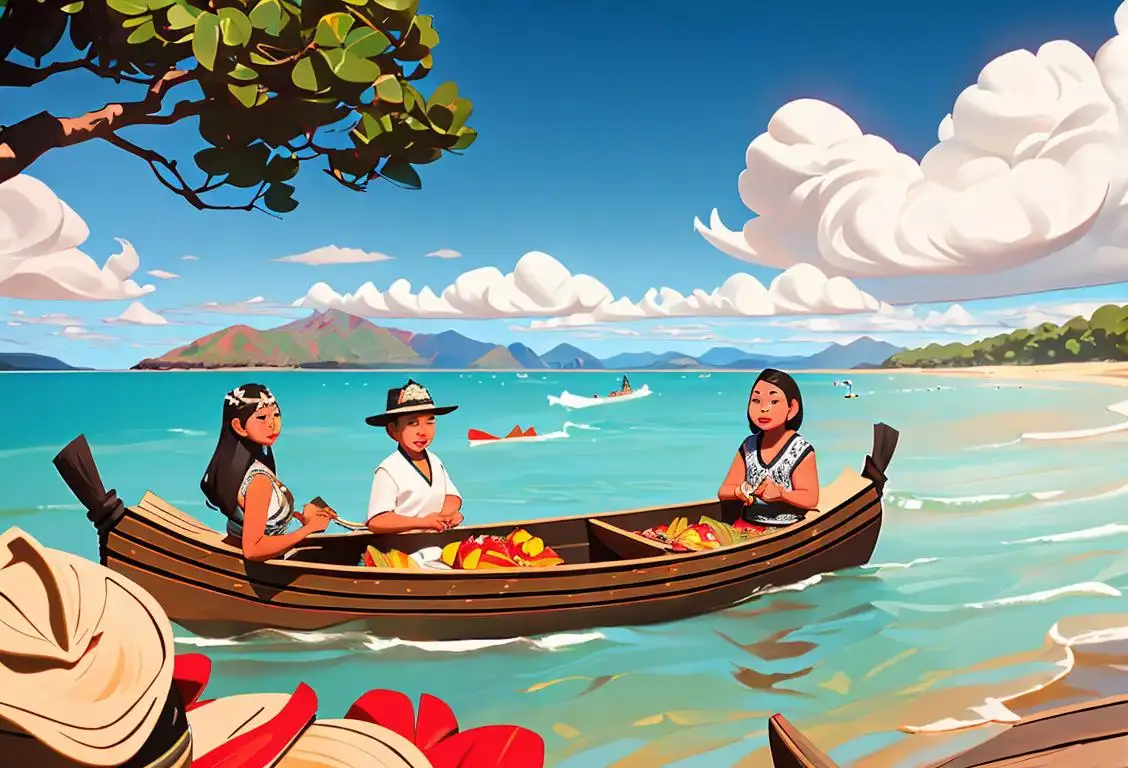
Ah, National Waitangi Day! A day to celebrate, commemorate, and maybe even learn a thing or two. So sit back, relax, and let me guide you through the fascinating internet and national history of this special day.
When is Waitangi Day?
It's national waitangi day on the 6th February.
The Internet History of Waitangi Day
Waitangi Day, also known as New Zealand’s national day, commemorates the signing of the Treaty of Waitangi in 1840. But what about the internet's involvement in this historic event? Well, let's dive in!
Did you know that the first online mention of Waitangi Day dates back to February 6, 1998? It was an email sent by a proud Kiwi, expressing their excitement about the upcoming celebrations. Since then, the internet has embraced Waitangi Day, with countless social media posts, blogs, and articles discussing its significance.
Over the years, hashtags like #WaitangiDay and #NZNationalDay have taken over Twitter, Instagram, and other platforms, bringing people together from all corners of the globe to celebrate and learn about New Zealand's unique history.
The National History of Waitangi Day
Now, let's embark on a journey into the national history of Waitangi Day, beyond the cyber realm. On February 6, 1840, representatives of the British Crown and over 500 Māori chiefs signed the Treaty of Waitangi, establishing New Zealand as a nation.
This pivotal agreement aimed to protect Māori rights, while granting the British Crown governance over the land. However, interpretations and implementation of the treaty have been subject to debate and controversy over the years, making Waitangi Day an important day for reflection, reconciliation, and understanding.
In present times, Waitangi Day is celebrated with various events including cultural performances, ceremonies, and the re-enactment of the treaty signing. It's a day for both reflection on the past and embracing the future, as New Zealanders come together to celebrate their unique identity.
History behind the term 'Waitangi'
1840
The Signing of the Treaty
In the year 1840, the term 'Waitangi' made its first appearance during the signing of the Treaty of Waitangi. The treaty was a historic agreement between the British Crown and several Māori chiefs in New Zealand. The name 'Waitangi' comes from the name of the location where the treaty was signed, Waitangi, a small town in the Bay of Islands. It was here that the treaty was drafted and then signed by over 500 Māori chiefs and representatives, as well as Captain William Hobson, representing the British Crown.
1908
Waitangi Day Proclamation
Nearly seven decades after the signing of the Treaty of Waitangi, in the year 1908, the term 'Waitangi' gained further significance. On February 6th, the Governor-General of New Zealand, Lord Plunket, issued a proclamation announcing that the anniversary of the signing of the treaty would be observed as a public holiday. This day became known as 'Waitangi Day' and marked the first official recognition of the treaty and its significance to the nation. Initially, it was celebrated mainly in the Northland region, but over time, it has become a national holiday.
1974
National Holiday Status
In 1974, nearly sixty-six years after the proclamation, 'Waitangi Day' was officially recognized as a national public holiday throughout New Zealand. The passing of the Waitangi Day Act solidified its status as a significant day in the country's history and culture. The Act affirmed the importance of the Treaty of Waitangi as a founding document of the nation and recognized the need for reflection, education, and celebration of the treaty's principles and values by all New Zealanders.
1986
Waitangi Day Act Amendment
The year 1986 saw an amendment to the Waitangi Day Act that further acknowledged the historical significance of the treaty. The amendment renamed the day as 'New Zealand Day' to encompass all the diverse peoples and cultures within the nation. However, the change was met with resistance and controversy, as it was seen as an attempt to diminish the unique importance of the treaty and its Māori heritage. As a result, the holiday's original name, 'Waitangi Day,' was restored in 1990 to reflect its significance more accurately.
Present
Modern Observance and Cultural Significance
Today, 'Waitangi Day' is celebrated annually on February 6th and holds great cultural significance in New Zealand. It serves as a day of reflection, commemoration, and celebration of the country's history, the Treaty of Waitangi, and the ongoing process of reconciliation and partnership between the Māori people and the Crown. The day typically includes various ceremonies, cultural performances, speeches, and discussions about the past, present, and future of the nation. 'Waitangi Day' is an essential occasion for fostering understanding, unity, and appreciation of New Zealand's bi-cultural heritage.
Did you know?
Did you know that Waitangi Day was initially known as 'New Zealand Day' before it was officially renamed in 1976? Talk about a rebranding success story!Tagged
awareness history cultureFirst identified
5th February 2018Most mentioned on
6th February 2018Total mentions
49Other days
Black Women Appreciation Day
Black People Day
African American Museum On Mlk Day
Native American Heritage Day
African American Museum At Not Having To Spend Mlk Day
Aborigines Day
History Day
Indigenous Day
African American Museum In Observance Of Martin Luther King Day
Aboriginal And Torres Strait Islander Day

